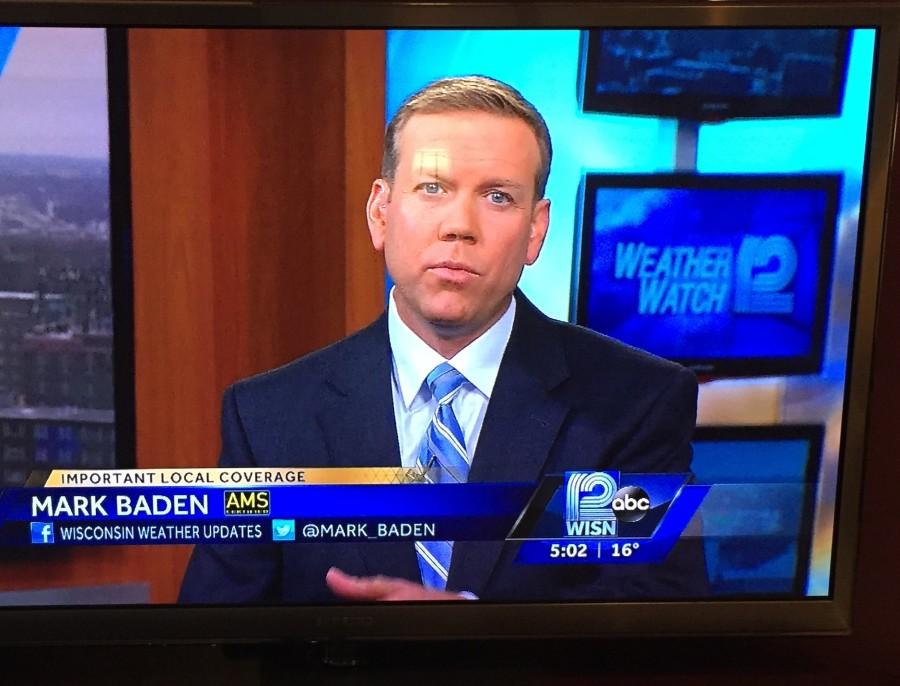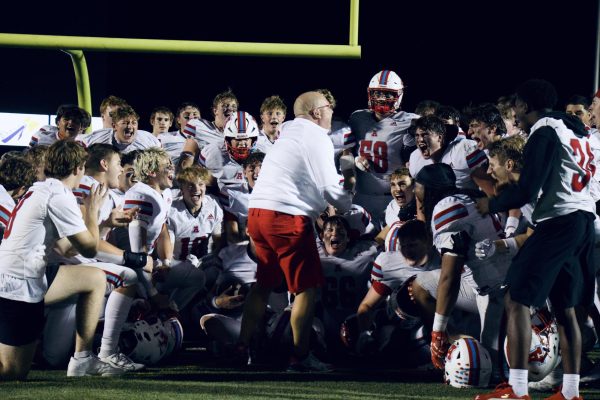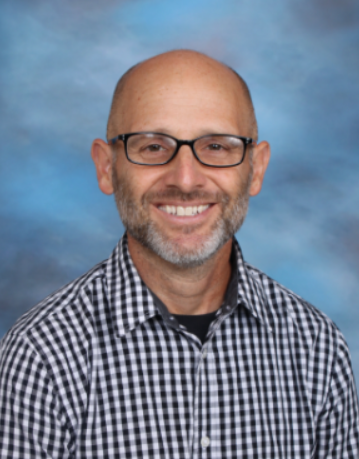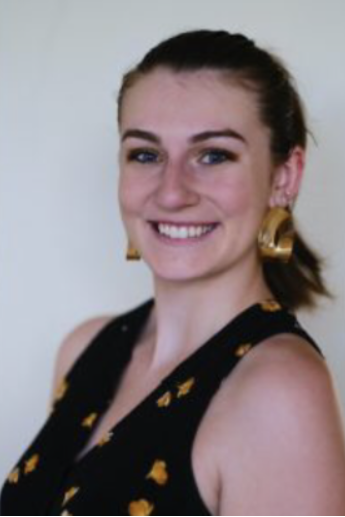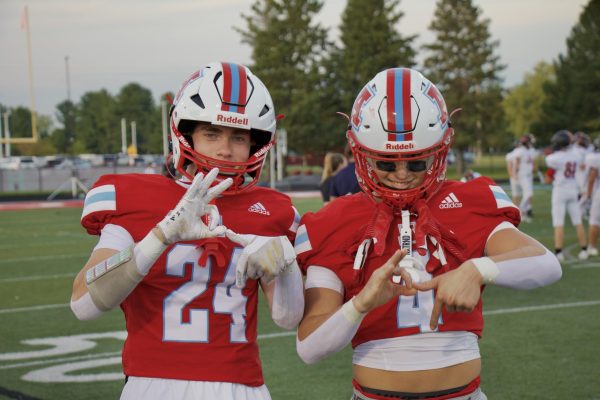Predicting the Unpredictable: One Forecast at a Time
Meteorologists are both our friends and our enemies. When natural disasters are among us, meteorologists are the ones we rely on for safety. When our sunny beach days turn into rainy, gloomy ones in the blink of an eye, they are the ones who take the heat.
For Mark Baden, chief meteorologist of WISN-12, meteorology has always been his dream job.
“I have loved weather since I was a kid. I really caught the bug when I saw lightning strike a tree when I was seven,” Baden says.
Baden attended Western Illinois University where he obtained his Bachelor of Science degree in meteorology and then worked in meteorology in Des Moines, Iowa; St. Louis, Missouri; Sioux City, Iowa; and Columbia, Missouri.
“The best part [of my job] is that every day is different. The weather is always changing and that creates a daily challenge that I really enjoy,” he says.
In addition to reporting the weather on WISN-12, Baden teaches a course for college students in meteorology at Concordia University in Mequon every spring.
Baden says he is a Midwest guy and loves forecasting for Milwaukee because of the rapid change in weather patterns.
“I would want to always be in the Midwest. I would be bored if I worked in Florida, Arizona, or California. Their weather is way too mundane,” Baden says.
Baden has been chief meteorologist for WISN-12 since 1997 and says he has experienced a lot of types of weather in his nearly 18 years.
“The scariest weather is severe thunderstorms, especially tornadoes. We thankfully have not had too many lately, but there is nothing scarier than knowing a tornado is in our area with the potential to do a lot of damage and possibly cause casualties,” he says.
Although his job has proven to challenge him, Baden says he has won several awards for his perseverance through these challenges. He won a local and regional Emmy in 2008 for his flood coverage along with the Wisconsin Broadcasters Association’s best weathercast in 2009.
Baden has witnessed tornadoes in Hartford, Wisconsin; Utica, Illinois; and Kansas City, Missouri in addition to Hurricane Frances in Cocoa Beach, Florida and Hurricane Rita in Beaumont, Texas.
Baden says he keeps a busy schedule between his classes at Concordia University and forecasting for WISN-12.
“I get to work around 2pm Monday through Friday. The first thing I do is make a forecast. This usually takes about 30 minutes to one hour. I attend the afternoon meeting to give everyone a synopsis on what is happening with our weather. I then have to tape a radio forecast for about 12 radio stations. After that, I create the graphics that you see on TV. I do the weather at 5, 6, and 10 pm. After the 6 pm [news], I usually have a little bit of time to eat dinner and then work on new elements for the 10 pm show,” he says.
Baden’s schedule isn’t just busy from 2 to 10 pm, but he says he also has to be prepared to come in at any time during the day or night because of weather emergencies or natural disasters.
As chief meteorologist for WISN-12, Baden has several responsibilities to predict and share the weather with locals to keep them safe and prepared for what the unpredictability of Wisconsin has in store.
